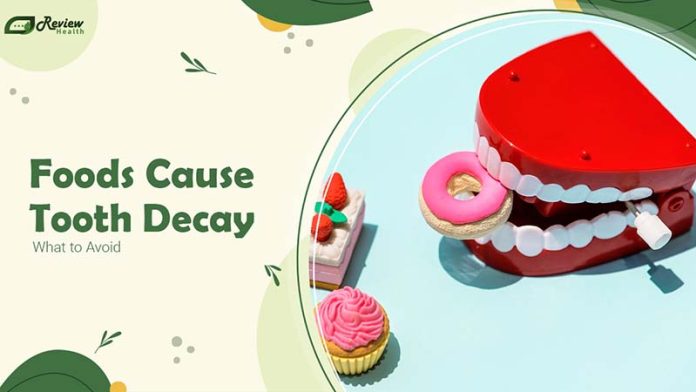Taking care of your teeth isn’t just about having a great smile; it’s essential for your overall health too. One of the best ways to keep your teeth healthy is by taking preventive steps. Your food choices play a big role in this. What you eat can really affect the health of your gums and teeth. The good news is that you can mostly avoid tooth decay by regularly seeing your dentist, brushing and flossing well, and eating a healthy diet. This introduction provides a list of foods that cause tooth decay, helping you understand which foods can harm your teeth and how to keep them strong and protected. Keep reading to learn more.
What Is the Cause of Tooth Decay?
Explore the common culprits behind tooth decay to better understand how your dietary choices impact your oral health.
Sugary Foods
Before indulging in that sugary snack, consider its impact on your teeth. Numerous studies have shown that frequent consumption of sweets and sugary beverages can result in cavities.
Regular snacking on sugary foods extends the duration during which your teeth are exposed to acids, accelerating tooth decay.
A recent study involving school children revealed that those who frequently snacked on cookies were four times more likely to develop cavities compared to those who didn’t.
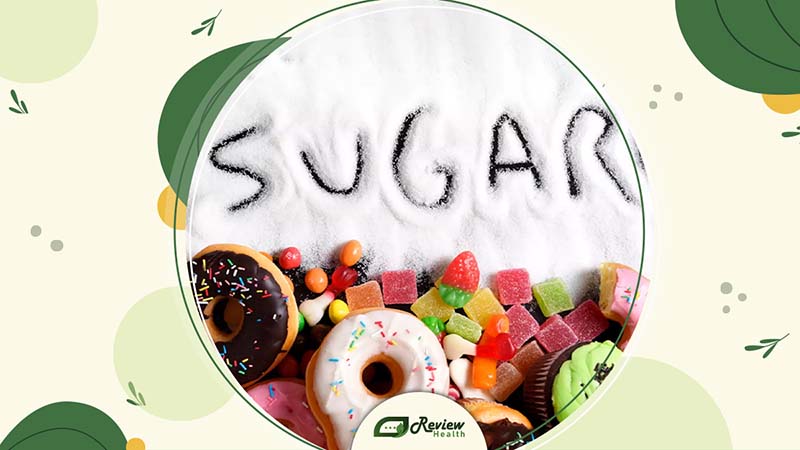
Acidic Foods
Highly acidic foods and drinks, such as citric fruits and alcohol, can interact with oral bacteria, leading to enamel erosion. Regular consumption of acidic foods can contribute to tooth decay, especially when combined with inadequate oral hygiene practices. Many people don’t initially realize that acidic foods can cause enamel erosion.
Starchy Foods
Carbohydrates in the mouth prompt bacteria to produce acid, which can harm the protective enamel layer of your teeth.
Enamel serves as a shield against cavities. If it’s compromised and wears down, the presence of carbohydrates can accelerate tooth decay.
Related articles: Healthy Food List: 12 Best Foods That Prevent Tooth Decay and Tips for Cavities
List of 10 Lesser-known Sugary Foods That Lead to Tooth Decay
Uncover some surprising sources of sugar in everyday foods that might be contributing to tooth decay without your knowledge.
Cereal Bars
Cereal bars, often grabbed as a quick morning snack, are frequently loaded with sugar. Most of them use added sugars for taste and incorporate dried fruits with additional sweeteners, so it’s a good idea to brush your teeth after eating one.
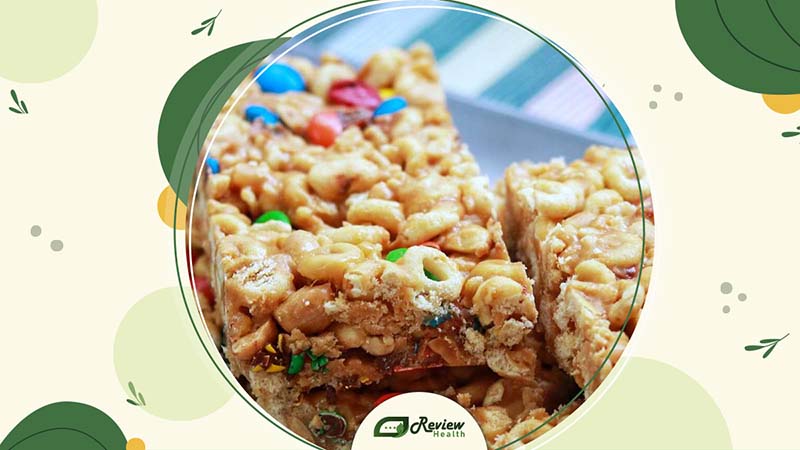
Yoghurt
Yoghurt, a common breakfast choice, can contain surprisingly high levels of sugar. Fruit yoghurts, like strawberry, tend to be the worst offenders in terms of sugar content, so consider switching to plain Greek yoghurt to reduce your sugar intake.
Dried Fruits
Dried fruits, despite their health halo, are remarkably high in sugar compared to fresh fruits. Just compare how many raisins you can eat versus grapes, and you’ll see how quickly the sugar levels can add up.
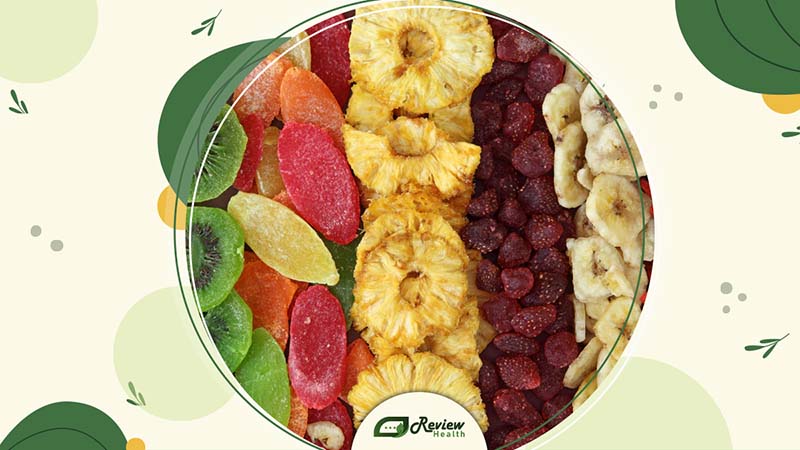
Canned Fruits
Many canned fruits are packed in syrup containing unhealthy amounts of sugar. Excessive consumption of added sugars can lead to cavities and other health issues, especially if consumed frequently and in large quantities by children.
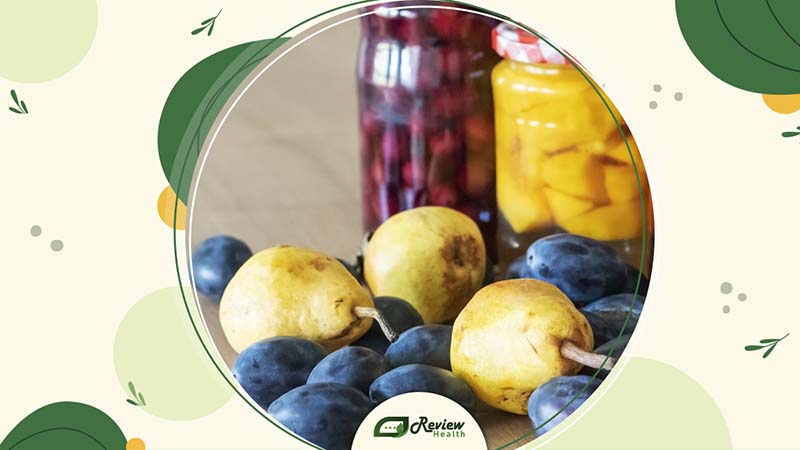
Salad Dressing
While aiming for a healthy choice with a salad, be cautious of the sugar content in popular salad dressings. Sneaky culprits like honey mustard and balsamic vinaigrette can be high in sugar and calories.
Side Salads
Even seemingly healthy options like side salads can hide sources of sugar. Coleslaw and salads with dried fruits and nuts often contain hidden sugars, along with extra calories.
Sauces
Pre-made pasta sauces or curry sauces may contain added sugars for flavor. Opt for homemade sauces without added sugar or consider making a batch and freezing it for later use.
Flavoured Nuts
Nuts, when not in their raw form, can contain added sugar. Roasted or sweet chili varieties are particularly guilty of this. While nuts are a good source of protein and fat, they can also pack in a lot of extra sugar.
Condiments
Be mindful of adding condiments for flavor, as they often contain added sugars. Look for sugar-free varieties or try making your own homemade ketchup, mayonnaise, or mustard.
Flavoured Instant Oatmeal
While oats themselves may not directly affect oral health, flavored instant oatmeal can contain sugars that contribute to tooth decay. Consider the presence of phytic acid, which affects the risk of cavities, when choosing oatmeal options.
List of 10 Acidic Foods That May Contribute to Tooth Decay
Discover the surprisingly high acidity in common foods and how it may be affecting your dental health.
Citrus Fruits
Despite being rich in vitamin C and antioxidants, citrus fruits like oranges and lemons are highly acidic and can wear down tooth enamel. Limiting your consumption of these foods is advised, as once enamel is lost, it cannot be replaced. Citrus fruit juice poses an even greater threat to dental health due to the combination of citric acid and sugar, which can accelerate tooth decay.
Dairy Products
Certain dairy products, such as yogurt and some cheeses, contain lactic acid produced during fermentation, contributing to their acidity. While these products enhance flavor, individuals with sensitivities or digestive issues may opt for alternatives. Low-acid options like low-fat or non-fat milk are less acidic than full-fat versions. Dairy alternatives like almond or oat milk naturally have lower acidity and may be suitable for those seeking dairy-free options.
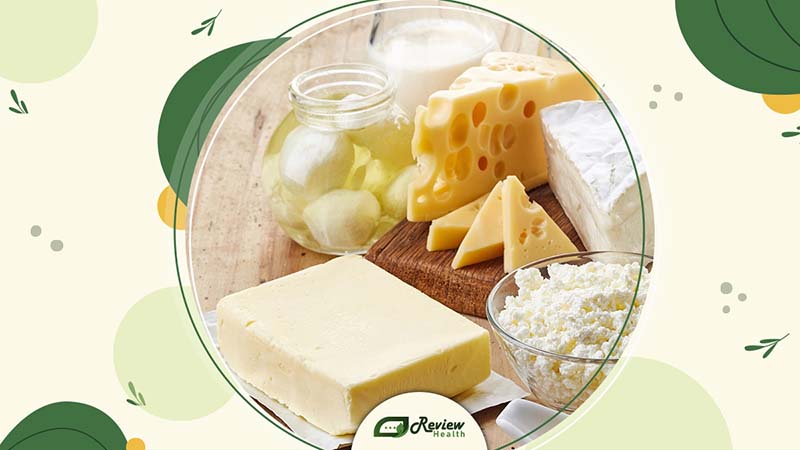
Eggs
Eggs contain substances like phosphorus that produce high levels of acid, making them detrimental to tooth health. Additionally, eggs are often added to sugary foods like cakes, sweets, biscuits, and sugary bread, further increasing the risk of tooth decay.
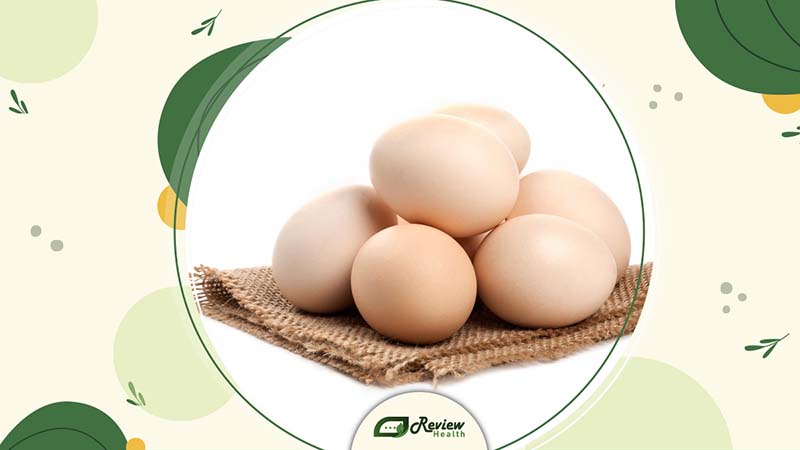
Processed Meats
Processed or cured meats have significantly higher acid levels compared to lean, freshly cooked meats. Tough cured meats like chorizo and sausages can also become lodged between teeth, exacerbating the risk of tooth decay.
Meat
Both red and lean poultry meats contain substantial amounts of acid, with red meats being particularly acidic. Additionally, red meats often contain higher fat levels and are more likely to get stuck between teeth, increasing the risk of decay.
Tomatoes
Tomatoes, regardless of form, contain acid that can contribute to tooth decay, especially with frequent consumption. Whether in sauces or fresh salads, tomato products may also contain added sugars, compounding the risk of dental issues.
Gherkins
While cucumbers themselves pose no threat to dental health, pickling them in vinegar increases acidity, which can erode enamel. Research indicates that consuming pickles more than once a day significantly raises the likelihood of enamel erosion.
Carbonated Soft Drinks
Soft drinks, a leading cause of tooth decay, contain carbonation, sugar, and acids that weaken tooth enamel and promote bacteria growth, contributing to decay.
Salt
Adding salt to foods increases mouth acidity, particularly when used for flavor enhancement. Cooking with salt rather than adding it to prepared foods can help mitigate acid levels.
White Bread
Despite its innocuous appearance, white bread poses a risk to dental health. The starch in bread converts to sugar in the mouth, promoting plaque buildup and tooth decay, especially when it becomes lodged between teeth.
6 Starchy Foods to Avoid: Main Cause of Tooth Decay
Learn about how certain starchy foods, often considered part of a balanced diet, can contribute to tooth decay and why it might be wise to limit their intake.
Crisps
Even seemingly healthy versions of crisps contain significant amounts of starch, which can easily become lodged between teeth. Since crisps are often enjoyed as a snack, starch can remain in teeth for extended periods before brushing, increasing the risk of decay.
Bread
Not limited to processed white bread, all forms of bread pose risks to dental health. While opting for whole grain bread may seem like a healthier choice, be cautious as these grains can also become stuck between teeth.
Fries
Potato starch, a major component of fries, poses a significant threat to dental health, especially when combined with salt and fat from frying. Limiting consumption of fries is advisable to mitigate the risk of tooth decay and maintain overall health.
Pasta
While moderate pasta consumption is generally fine, it still contains starch that can adhere to teeth. This also applies to various types of noodles, with gnocchi and spaghetti being particularly problematic for dental health.
Pretzels
Enzymes in saliva break down pretzels into simple sugars, providing sustenance to bacteria that contribute to tooth decay. Consuming pretzels can therefore increase the risk of dental issues.
Rice
While rice offers slow-release Carbohydrate (carbs) and nutritional benefits, it also contains starch that can become trapped between teeth. Given that many people consume rice regularly, the cumulative effect over time can lead to a higher likelihood of tooth decay.
Tips When Eating Foods That May Cause Tooth Decay
Here are essential tips for managing your diet to reduce the risk of tooth decay while still enjoying a variety of foods.
Brush or Floss After Eating.
Maintaining oral hygiene is crucial for minimizing bacterial plaque buildup that can harm teeth. While it’s generally recommended to brush and floss after eating, it’s beneficial to wait about thirty minutes after consuming acidic foods and beverages before brushing your teeth to avoid damaging softened enamel.

Include Alkaline Foods in Your Diet.
When incorporating acidic foods into your diet, prioritize natural and minimally processed options like beans, lentils, and milk, which provide essential nutrients for the body. Avoid processed foods such as refined sugar, sauces, and white flour. An alkaline-rich diet, comprising fruits, vegetables, and natural foods, is rich in vitamins, minerals, and antioxidants, aiding in regulating metabolic pH. This strengthens the immune system and helps prevent health conditions like diabetes, osteoporosis, and obesity.
Enjoy Calcium-rich Foods.
While some calcium-rich foods contain acid, such as dairy, nuts, and seeds, they can still be included in your diet for stronger teeth and bones. Consider incorporating calcium supplements or non-acidic calcium-containing foods like kale to support dental and overall health.
Who Is at Risk for Tooth Decay?
The main risk factors for tooth decay include poor dental hygiene and excessive consumption of sugary or starchy foods and drinks. Certain individuals are at higher risk, including those with inadequate saliva production due to medications, certain diseases, or cancer treatments. Insufficient fluoride intake and certain age groups, such as young children who consume sugary beverages from bottles, and older adults with receding gums and tooth wear, also face elevated risks of tooth decay.
Conclusion
Preventing tooth cavities is straightforward with the right approach to diet and oral hygiene. Although it’s challenging to completely avoid acidic foods and other items known to cause tooth decay, consuming these in moderation is crucial for maintaining dental health.
Tooth cavities, which result from plaque buildup, can cause lasting damage to your teeth. At Review Health, we stress the importance of recognizing that cavities may not always show symptoms, highlighting the need for regular dental checkups.
Related articles
Healthy Food List: 12 Best Foods That Prevent Tooth Decay and Tips for Cavities

